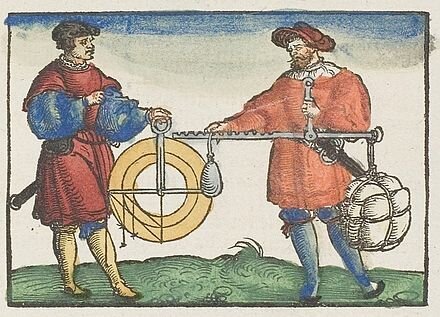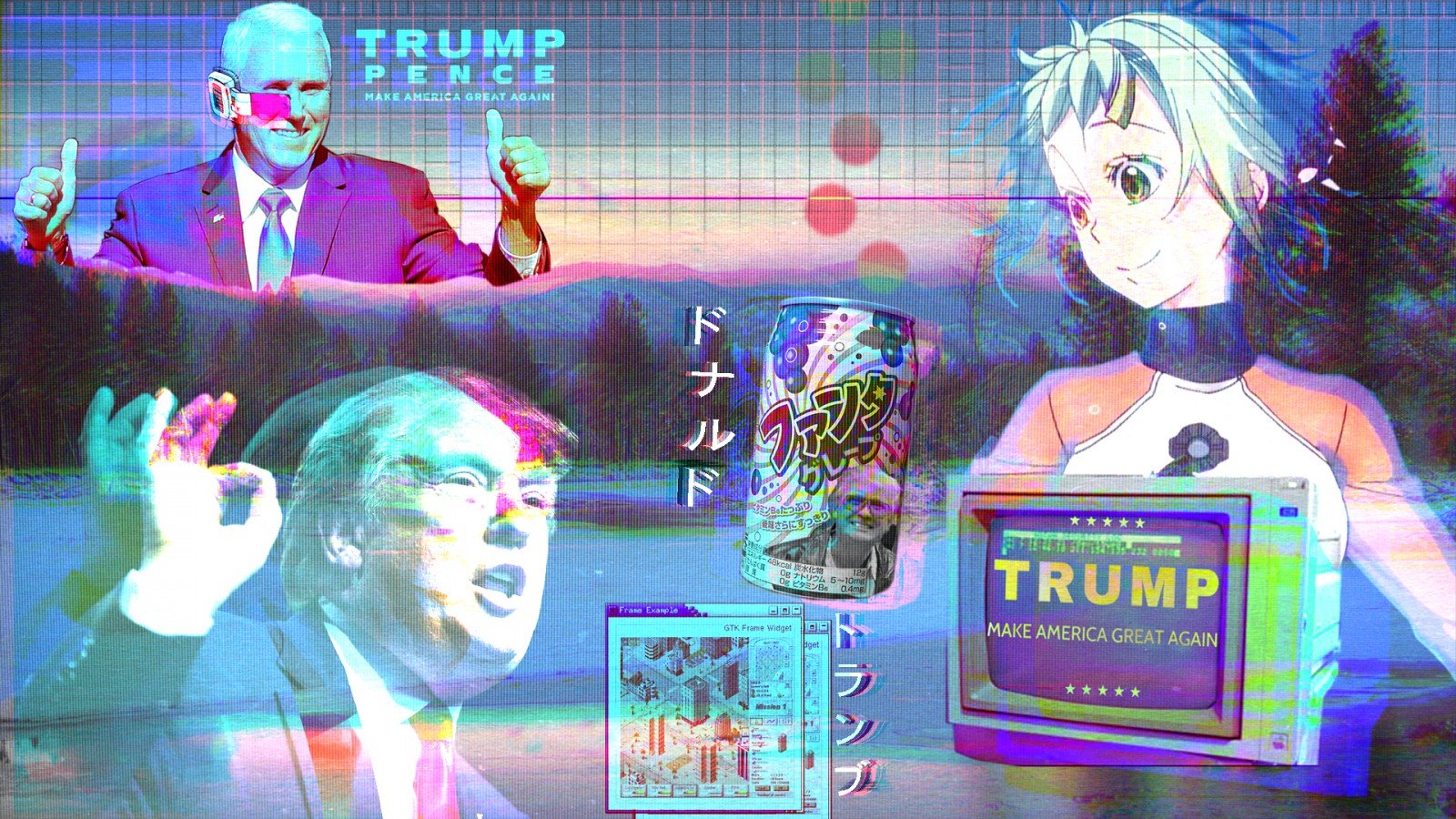The Genealogies of Modernity Journal
Against the “Reversal of History” Thesis
McLuhan sees our modern, technologically induced condition as a product of tensions between individualism and tribalism.
Éamon Brennan contests a standard reading of Marshall McLuhan
“But History and I”: Repairing Genealogy’s Gender Problem
Where are the women in genealogy?
Caroline Wills responds to a recent Modern Theology article by Christine Helmer and Ruth Jackson Ravenscroft
How Should We Love Tradition?
How would you rebuild Notre Dame Cathedral? Are we justified in putting humans at the center of history?
An interview with Anne Carpenter
The Tragic and Triumphant in Skyfall and Maverick
Both films concede that technology shapes the future, but the determining factor in the life of heroes and of nations still seems to be not the gun or the plane, but the person behind the trigger.
Lauren Spohn on heroes and technological determinism
Top Gun, James Bond, and the Myth of Obsolete Heroes
Both Maverick and Skyfall encourage us to read the life of the nation in the life of the hero... When we talk about the course of the hero’s life, we’re also talking about history.
Lauren Spohn reflects on similarities between James Bond and Maverick
Nutritional Colonization in British India
Nutrition becomes a realm subject to technocratic achievement and colonial control. In this way, the British state enters the domestic realm of colonized peoples.
Devin Creed on Britian’s development of nutritional colonization
Demystifying Soup Kitchen Relief during WWI
Her conviction to “give a helping hand” wherever it will be received was a moving incarnation of her ethical bent—one that remains as relevant today as it was in the wake of modernity’s worst set of horrors to date.
Casie Dodd on soup kitchens and the Great War
Setting Sail for Truth
What ‘The Steerage’ pictures are the complexities that the myth of American immigration ignores. The truth is, it has never been a one-way trip to the promised land.
Arthur Aghajanian reflects on an Alfred Stieglitz photograph
Humanities beyond the Crisis
This sense of repetition—of just how persistent the titular state of “crisis” in the humanities has been—gives one pause. It is in the space of this pause that their criticisms may land with force.
Jonathan Heaps reviews Permanent Crisis
Microbes and the Birth of the Modern Era
Given all the transformations wrought and about to be wrought by COVID-19, we will see much more attention paid to the role of plagues, pandemics, and pestilences in shaping human affairs.
Andrew Latham looks to microbes to explain macro-changes in history.
Modernity in the Balance
Ideas have afterlives: they live on in subcultures that intentionally preserve them, in practices that have long lost their justification, and in our contradictions and nagging doubts.
John Buchmann offers a genealogy of balance and economics.
Magic and Modernity
Instead of free-thinking Deists, a new generation of physicians argued that the experience of paranormal phenomena indicated a kind of mental or physiological illness.
Richard Yoder looks to early modernity to examine magic, science, and the origins of modernity.
Rémi Brague's Eccentric Culture, Part 1
Ryan McDermott reflects on the writings of Rémi Brague
The Antimodern Modern
Gayle Rogers explains the need to separate modernity from ideas of rupture and dramatic change


















